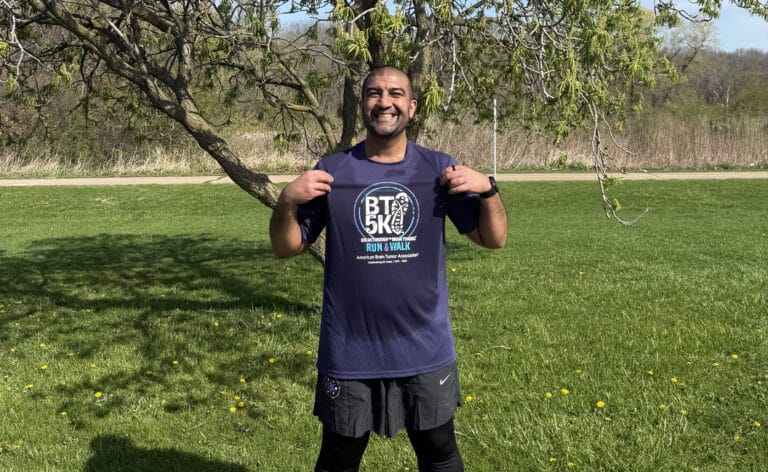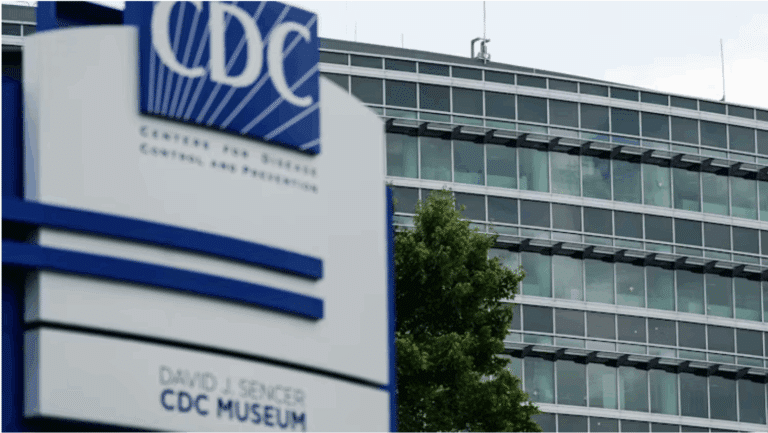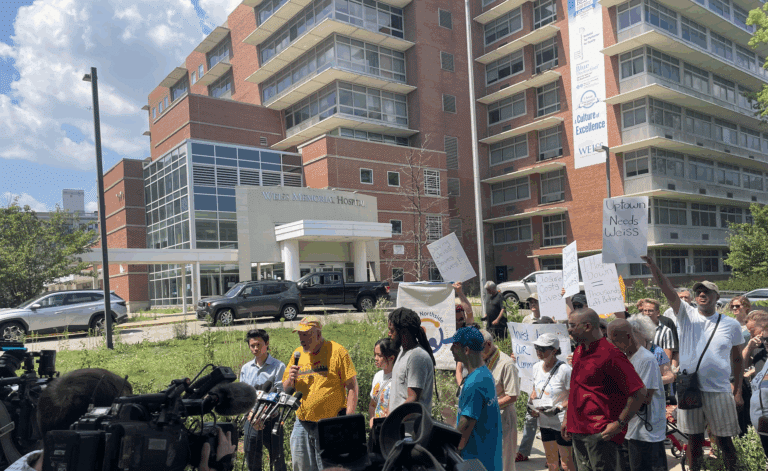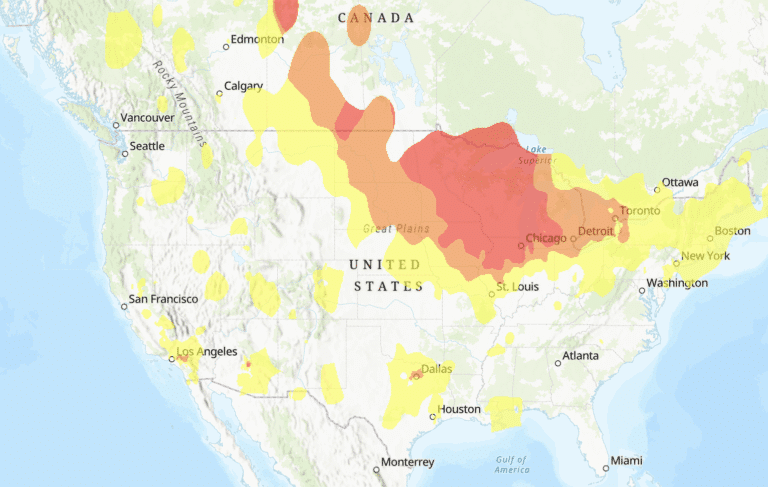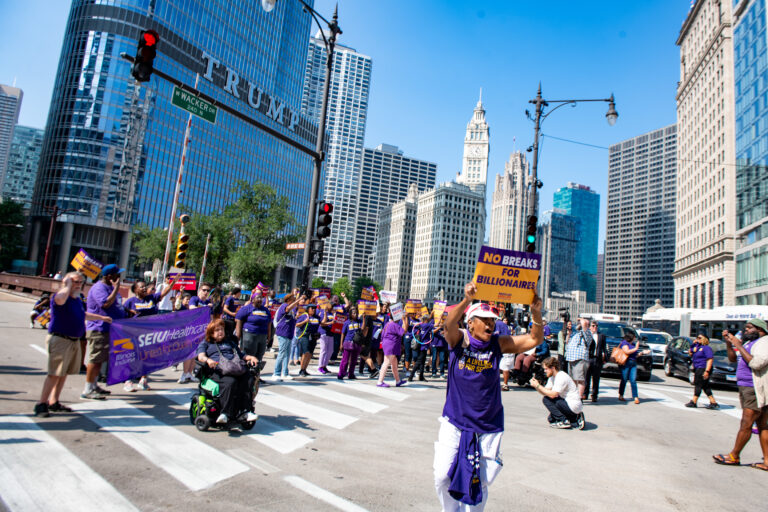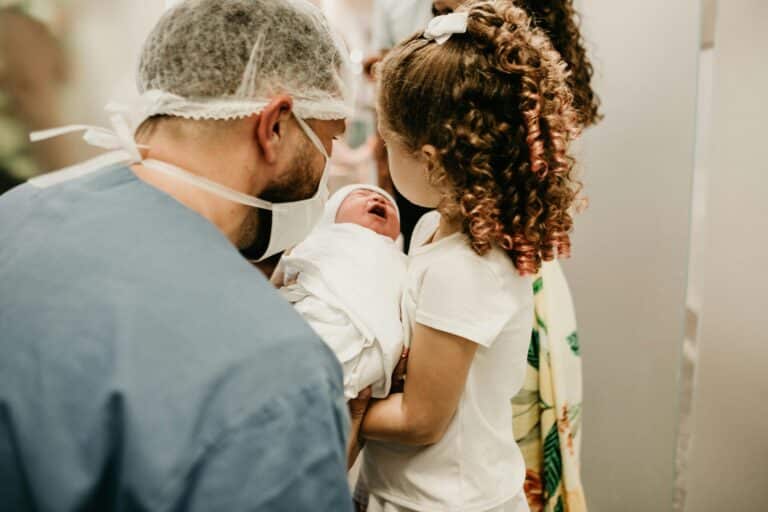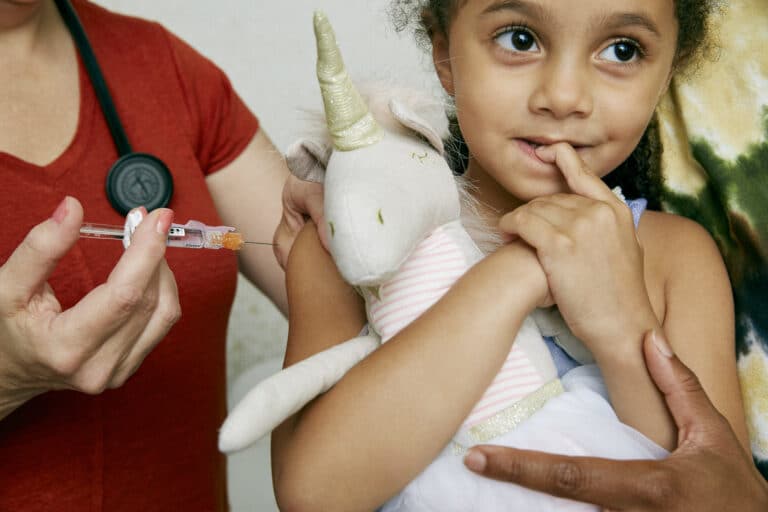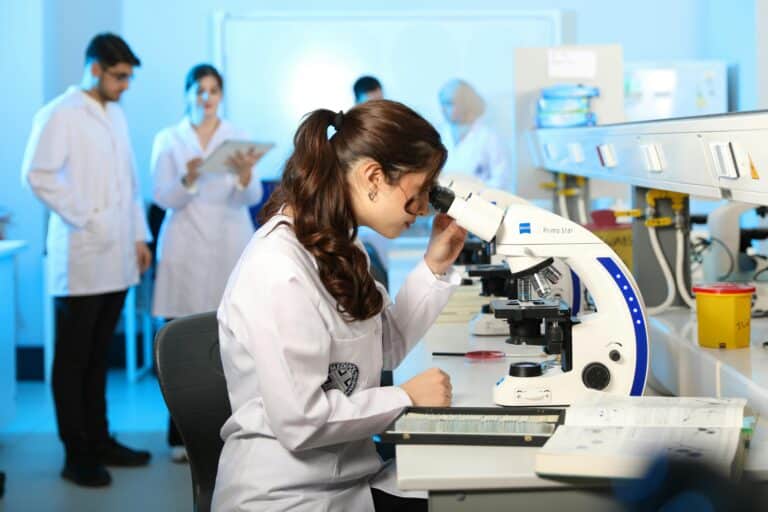Photo courtesy of the Institute of Women Today
By Megy Karydes
When the Institute of Women Today (IWT) started in Chicago 40 years ago by Sister Margaret Traxler and a group of interfaith women, the goal was to advocate on women’s issues. The eclectic group, consisting of women from all walks of life—from attorneys and college professors to social workers and work-at-home mothers and wives—conducted seminars and workshops on issues including equal rights, domestic violence and economic opportunities for women, says Angela Hicks, executive director of the Chicago-based nonprofit organization.
 IWT is celebrating its 40th anniversary on October 2, and Hicks believes that the organization is still relevant today; even more so than in past decades for a number of reasons.
IWT is celebrating its 40th anniversary on October 2, and Hicks believes that the organization is still relevant today; even more so than in past decades for a number of reasons.
“In previous generations, women who were healthy and had a good work ethic could find employment at corporations and factories and other jobs that paid a sufficient wage for [themselves and their] children,” she says. “Many of those jobs are gone for good, and jobs that paid a livable wage and offered health and retirement benefits have been replaced by jobs that offer part-time employment and no benefits. Compounded by astronomical housing costs, even working people are often unable to afford adequate housing. Statistics indicate that an adult with two young children would need to earn around $55,000 annually to live in Chicago.”
When IWT began, the legal system and social/cultural changes in the country addressed many of the issues it had galvanized around, but the group began noticing a recurring and disturbing trend—an enormous growing number of homeless women.
“These were not only women who were recently released from prison, but women who became physically or mentally ill or addicted to drugs or alcohol, lost jobs, divorced or fled a home due to domestic violence,” Hicks says.
With the help of her friend, the late Cardinal Joseph Bernardin, Sister Margaret opened Maria Shelter at the site of the former St. Carthage Parish in Englewood in 1989. Although Sister Margaret assumed that the women coming to Maria would be middle-aged and single, Hicks relates that the first person to ring the doorbell was a young woman who was nine months pregnant.
“Since the prevailing wisdom of the time was that children should never be in a shelter, very few facilities would accommodate a mother and her child,” continues Hicks. “But Sister Margaret and others at IWT felt that keeping mother and child together was of [prime] importance, and that no mother at Maria Shelter would ever be told she must relinquish her child in order to secure our services.”
Today, IWT still operates Maria Shelter, which primarily serves single women and mothers with dependent children in their care.
Based on its exemplary operation of Maria Shelter, in 2012, IWT was asked by the city of Chicago to assume operation of another shelter at 9519 S. Commercial in the South Chicago community. Named Believe, this program expanded IWT’s services to include families headed by fathers as well as intact families due to the emergence of this as a major need since the 2008 economic downturn. Believe provides an additional 50 beds for homeless persons.
IWT also maintains the Vincennes Senior Center, located adjacent to Maria Shelter, where area seniors attend educational and social programs and activities and receive a hot lunch. “Some of our programs, such as art and music therapy, are collaborations between the seniors and shelter residents and [are] truly intergenerational in nature.” Hicks says.
IWT offers a range of important services to city’s most vulnerable
“When you are among the underserved and most vulnerable in this city it’s hard to single out any one thing from our array of services that brings comfort and relief to an individual,” says Hicks.
That being said, she recognizes that getting people off the streets and away from harmful environments to a place that is clean and safe is probably the first thing that its residents appreciate.
“Either for the first time in their lives, or for the first time since the major upheaval of their lives, our residents are now in a stabilizing environment that will allow them to set priorities and work on realistic, achievable goals,” she adds.
Hicks notes that IWT offers many services that she feels everyone in need of these offered services should have access to, no matter what the circumstances, such as food, clothing, laundry facilities, music, art, medical screenings and mental health treatments.
For its seniors, it’s a different story. “The Vincennes Senior Center is a place to come and socialize with their peers; a place to come for a hot meal; a place to come where they still feel valued [and have] something to contribute to society,” Hicks says. “Our senior center combats isolation.”
In addition to the two shelters and senior center, IWT has a formal Health and Wellness Program in place for its residents.
“Our Health and Wellness Program provides an exceptional spectrum of services that have been demonstrated, not only to improve healthcare access but also address the social and environmental factors that contribute to poor health,” says Hicks.
Specific program activities include regular physical examinations, physical treatments and screenings as required (e.g., immunizations, mammograms), psychological screenings and care, therapeutic counseling, violence-prevention counseling and nutrition education. “Additionally, the program includes the uncommon components of music and movement therapy and yoga as well as an Annual Community Health Fair that provides health and wellness resources and activities for both shelter residents and broader community members,” she says.
The goal of the Health and Wellness Program is to provide residents with increased access to physical and mental health care, increase knowledge and practice of physical activities that promote health and well-being, decrease incidences of preventable illnesses and medical emergencies and decrease incidences of violent behavior, according to Hicks.
The annual health fair is available for both residents and the community to receive various screenings, immunizations and referrals during an afternoon filled with musical entertainment, face painting and a picnic lunch. This year’s event included 23 vendors and attracted nearly 200 participants.
IWT’s Health and Wellness Program began with volunteer nurses and gradually evolved to collaboration with the University of Chicago Pritzker School of Medicine to provide weekly visits from physicians, who were able to conduct complete physicals as well as prescribe medications and make appropriate referrals. Today, an average of four to six physicians make weekly visits to Maria Shelter, not only conducting physicals but also monitoring chronic medical conditions and providing medical information to residents. In addition to the University of Chicago, IWT collaborates with other organizations and institutions including Beacon Therapeutic Diagnostic and Treatment Center for psychological assessments and treatments, the University of Illinois for nutrition counseling and education, St. Bernard Hospital, Beloved Community Family Wellness Center and a variety of other community health services.
Additionally, every Wednesday, IWT opens its clothing room to the community at large, where they’re welcome to take any items that they may need for free.
“The Institute of Women Today has been a reliable partner of ours, [and is] an important part of our citywide shelter network,” says Evelyn Diaz, commissioner, Chicago Department of Family and Support Services.
On Thursday, October 2, IWT will celebrate its 40th anniversary at a gala honoring Kerry Kennedy, president of the Robert F. Kennedy Center for Justice & Human Rights, and Leah Hope, an award-winning reporter with ABC 7 News. Hicks says that the women were chosen to be honored because of their commitment to social justice.
Published on September 17, 2014


